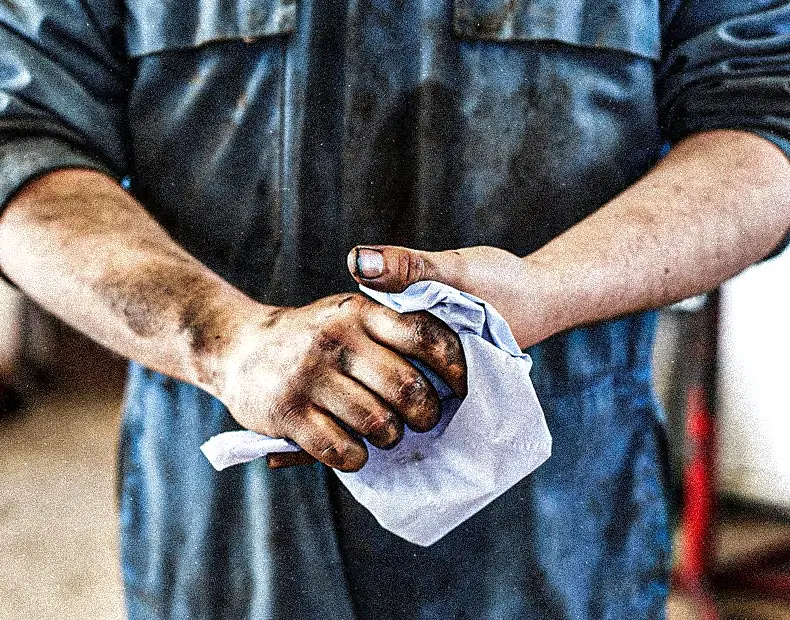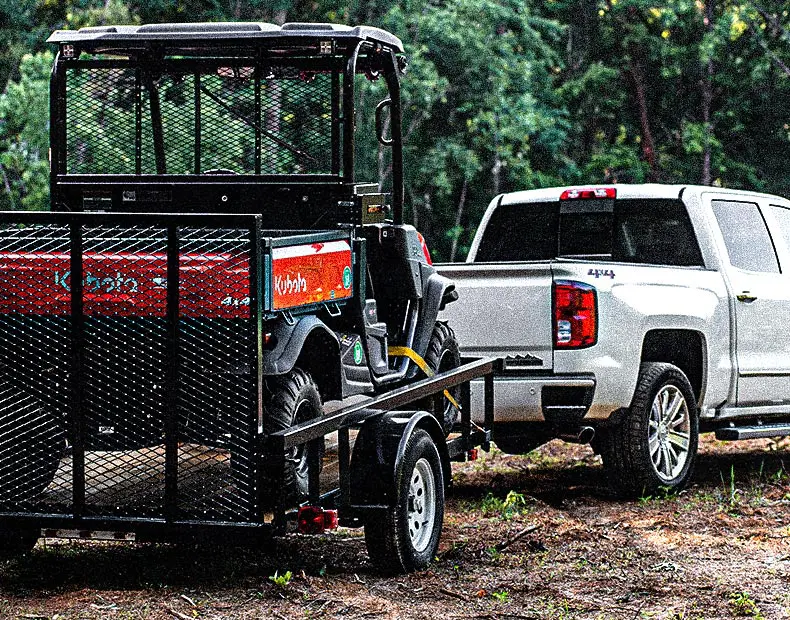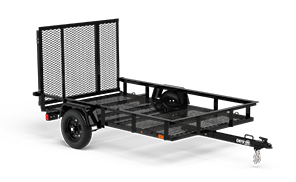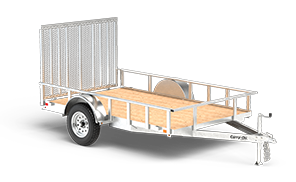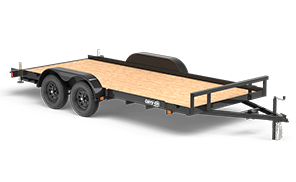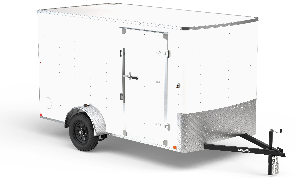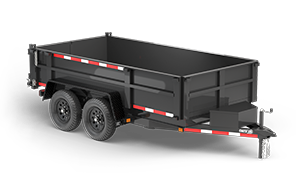Whether you already own a trailer or are planning to buy a trailer, it’s important to not only learn about your options but also to familiarize yourself with the different types of trailers, and the parts and accessories that go along with them. When you thoroughly understand your trailer and its components, you’ll be better equipped to operate it as safely as possible. Let’s take a look at some of the more common towing terms that any trailer owner should know.
Types of Trailers
- Cargo Trailers – These are also referred to as Enclosed Trailers because the cargo area is protected from the elements.
- Open Trailers – Sometimes referred to as Utility Trailers, these trailers have cargo areas that are not protected from the elements and can be accessed from all sides.
- Gooseneck – A Gooseneck is a trailer that attaches to a hitch ball attached to the tow vehicle in the bed of a truck over its rear axle drive.
- Bumper Pull – A Bumper Pull trailer attaches to a hitch ball attached to the tow vehicle’s frame or bumper.
Trailer Weight Terms
- Gross Vehicle Weight Rating (GVWR) – This is the total allowable weight of both your trailer and its cargo.
- Trailer Weight – The weight of a fully assembled, empty trailer.
- Payload Capacity – This is the total weight capacity of the trailer. To calculate payload capacity, subtract your Trailer Weight from the GVWR and multiply times 0.80%.
- Tongue Weight – A trailer’s Tongue Weight is the total amount of its weight that is transferred to the tow vehicle through the trailer’s tongue or gooseneck.
Other Important Terms to Know
- Coupler – A locking mechanism that connects the trailer tongue to the ball of the tow vehicle. Couplers come in different shapes and sizes, but the most common sizes are 1-⅞”, 2”, and 2-⅚”. It must match the hitch ball exactly.
- Safety Chains – Safety chains are connected from the trailer tongue to the tow vehicle and are used to safely guide the trailer in the event of a ball or coupler failure. Two safety chains are required and must be attached to their own chain retainers.
- Wheel Grease – A thick oil used to lubricate the wheel and wheel bearings to help increase the wheel life.
- DOT/NHTSA – These abbreviations refer to the Department of Transportation and National Highway Traffic Safety Administration, respectively. These organizations regulate all Federal motor vehicle laws and regulations.
- Manufacturers Certificate of Origin (MOC) – A MOC is supplied by the motor vehicle manufacturer and is used to register a trailer with the owner’s local department of motor vehicles to receive a license plate and title for proof of ownership.
- Vehicle Identification Number (VIN) – This is a number generated by a motor vehicle’s manufacturer for the purpose of tracking the date and place a trailer was manufactured. It is located on the MOC and the VIN label is attached to the trailer. The VIN label will include certain information required by the DOT/NHTSA and is also where you will find your trailer’s GVWR.
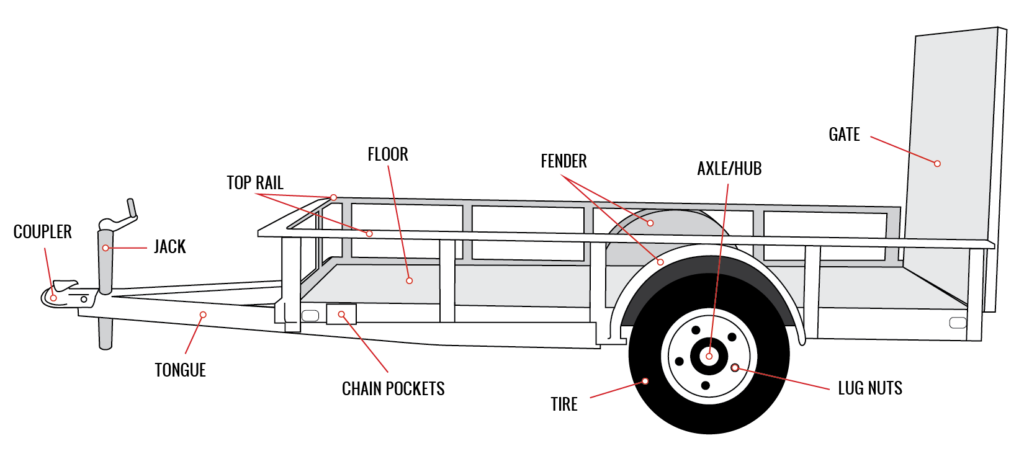
This is just a handful of the terms you need to know about your trailer and all its parts. We always recommend reading through your particular trailer’s owner’s manual in order to get to know your trailer and to become familiar with it so you can tow your trailer safely.
Take a look at the Glossary on our website to learn more important towing terms. If you have questions about your trailer, please contact us for more information.

